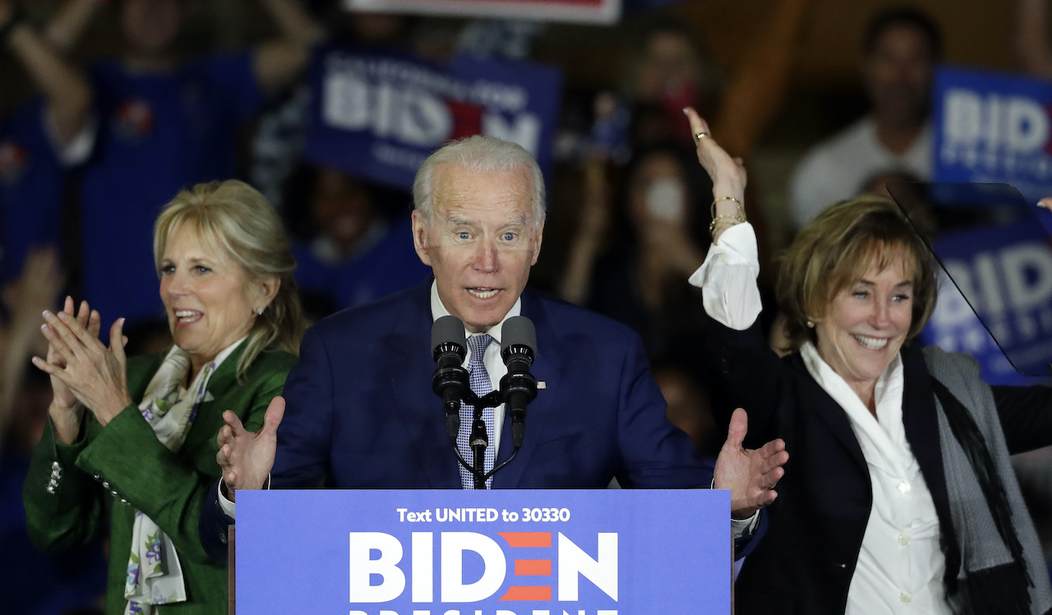Yesterday was another rollercoaster session that saw a knee-jerk bounce fade and an uneventful press conference by Jerome Powell. Part of the problem is the Fed has been pushed around by the Federal Reserve for a long time and has gotten to the point where it wants the Fed to genuflect in words and deeds. To be sure, the Fed is supposed to have the clearest crystal ball of them all, and they shouldn’t have to acquiesce to Wall Street.
That being said, I never judge the initial reaction to Fed action as the final verdict.
Keep in mind, the stock market didn’t collapse on news of the Fed cutting rates 50 bps points. On the contrary, it popped. But the news was expected, hence the huge session on Monday. So, after the knee jerk bounce, markets moved to a more neutral position and waited to hear from Powell. His comments were disappointing.
There was a sense global central banks would act in unison. Powell fumbled that question during the press conference, saying there was “active” discussions with central banks around the world and my thought was “this doesn’t seem coordinated.”
He went on to try and clean up the comments later suggesting, there will be “more formal” coordination.
The fact of the matter is Fed action normally can’t be measured against the economy for a year or longer. The psychological part of yesterday’s action was affected by Powell’s unsure press conference and other central banks not showing up for the party.
That feeling about the economic role despite the limits of monetary policy will improve as the ECB and others take action, and without a doubt, the Fed will cut again. But, more importantly is what else do they have in that toolbox?
Bottom line for Powell and the Fed, it’s time to stop assessing and lay it on us. Every time I hear someone say the Fed can’t stop the spread of coronavirus, I want to scream. That’s obvious. There are legitimate questions over economic impact, but a slowdown is approaching, and they could wait until it hoovers above our heads.
Recommended
I know purists hate the Fed acting to assuage Wall Street, suggesting the tail wagging the dog, but that dynamic was been around for decades and will be tough to change. It would take someone like a Paul Volker to stare down Wall Street, and even initial Main Street pain, to readjust that relationship.
World Bank Steps Up
Yesterday, the World Bank announced it would provide up to $12.0 billion to nations to combat the virus. This is becoming a moment when these large institutions can regain favor in the eyes of the public. The big question now is what are governments going to do? Look for calls for massive government intervention.
Message of Market
I pointed out yesterday the key support points to watch on a closing bases are the lows from last Monday and Friday. And equally as important is this crazy thing that sees massive swoons punctuated with occasional spikes higher begin to smooth out. Right now, investors have to feel like George Jetson on that runaway treadmill.
Key Downside Tests | Monday | Friday |
S&P 500 | 2,945 | 2.855 |
Dow Jones Industrial Average | 25,391 | 24,681 |
NASDAQ Composite | 8,543 | 8,264 |
Sanders Derailed
Last night equity futures caught a bid and moved higher through the night, as it became clear the Biden bounce is more of a boom. The delegate count is tight, but Biden has all the momentum now, and investors are relieved there is less of a chance America elects a Democrat Socialist. Also overnight were reports of increased economic activity in China as measured by population, and there was a nice bounce in the South Korean stock market after their central bank took action.
Portfolio Approach

Today’s Session
Although, it’s normally old, today’s Beige Book could provide color on the regional impacts of coronavirus.
Meanwhile, the ADP jobs report is having less of an impact than normal because of rapidly changing circumstances for the economy and potentially labor force. Nonetheless, it was a robust number with red flags in manufacturing and mining.
We are close to scaling in more aggressively, but it is still too early.

























Join the conversation as a VIP Member